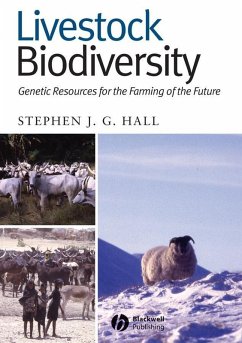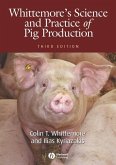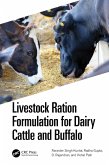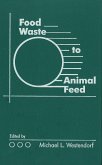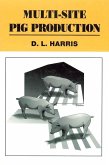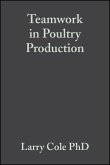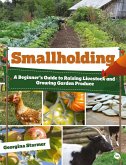Livestock biodiversity is integral to our culture, history, environment, economy and, most importantly, our future. Thousands of livestock breeds, from relatively small genetic pools, have evolved over time to suit particular environments and farming systems. This is both the result of natural processes and of human needs for specialized livestock - as our knowledge of genetics continues to increase we achieve a greater understanding of how this biodiversity evolved. This book offers a detailed and comprehensive overview of livestock biodiversity. It explores the history behind it, shows how livestock biodiversity can be utilized as animal genetic resources through breed development and by crossbreeding, examines the state of world livestock biodiversity today, and emphasizes the importance of conserving and developing the biodiversity of livestock. Special consideration is given to: * How livestock biodiversity arose and is maintained in relation to human society * How it can be used in sustainable agricultural development * How it can be conserved for the benefit of present and future generations * Why conservation biologists, as well as agriculturists, should be involved in its protection
Dieser Download kann aus rechtlichen Gründen nur mit Rechnungsadresse in A, B, BG, CY, CZ, D, DK, EW, E, FIN, F, GR, HR, H, IRL, I, LT, L, LR, M, NL, PL, P, R, S, SLO, SK ausgeliefert werden.

